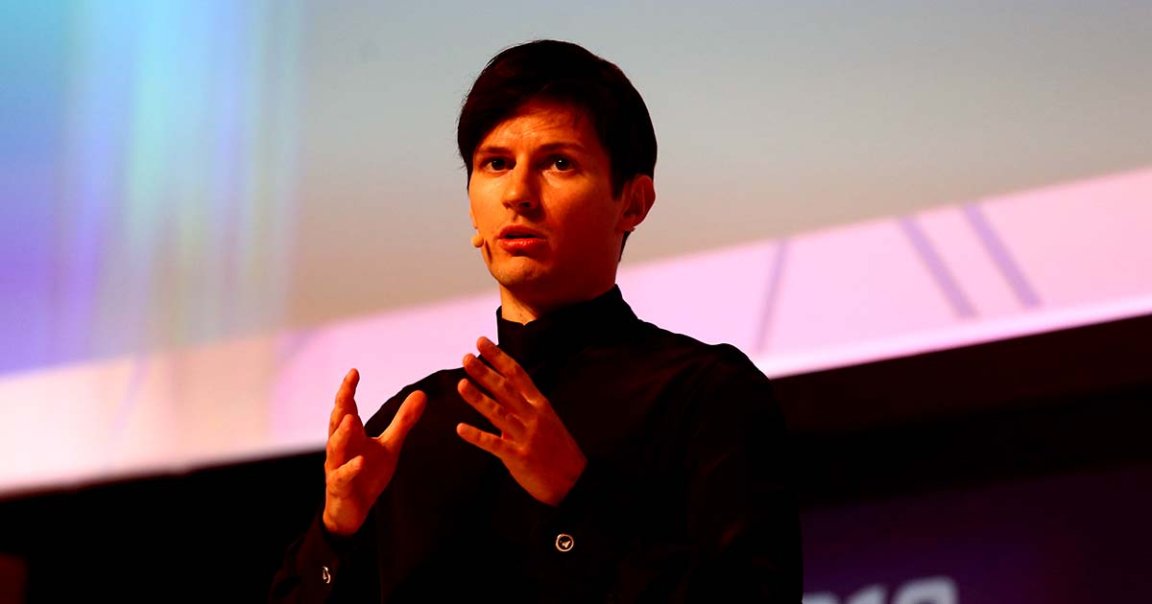
Arrested Developers
French authorities arrested Telegram founder and CEO Pavel Durov shortly after landing in his private jet in Paris.
The highly unusual incident led to plenty of speculation online, with news reports suggesting the Russian-born billionaire was arrested for failing to moderate illegal activities on the social media platform.
Now, a new statement posted by Jean-Michel Bernigaud, the secretary general of Ofmin — a French agency focused on combating violence against children — has shed new light on the matter.
“At the heart of the case is the absence of moderation and cooperation on the part of the platform,” Bernigaud wrote in a LinkedIn post, “especially in the fight against child sex crimes.”
Needless to say, these are very serious allegations and plenty of questions remain. How long will Durov remain in custody? What exactly is he being charged with?
Given the already hotly debated subject of content moderation and whether social media companies should be held responsible for what their users post, it’ll be a fascinating story to watch unfold.
On the one hand, tech companies have claimed that content moderation should be a matter of freedom of speech and expression. On the other, regulators say that companies are doing far too little to keep offending content — especially when it comes to child sexual abuse material — off their platforms.
Free for All
In the US, Section 230 of the Communications Act gives online services immunity for user-generated content. In the EU, however, things are significantly different, with the Digital Services Act forcing companies like Facebook and X-formerly-Twitter to follow strict content moderation rules.
Telegram has just shy of one billion users worldwide, making it one of the most popular messaging apps. It has become a vital source of information for both sides of the Ukraine conflict and has been flooded with a barrage of disinformation as well.
Now that French authorities believe Telegram has crossed a line by allowing the dissemination of child pornography and cyberbullying, as French newspaper Le Monde reports, the company could soon be forced to change its ways.
How exactly that will play out remains anybody’s guess. In an emoji-laden Sunday post, Telegram maintained that it “abides by EU laws, including the Digital Services Act” and that Durov “has nothing to hide and travels frequently in Europe.”
“It is absurd to claim that a platform or its owner are responsible for abuse of that platform,” the post reads.
Whether the EU and French law enforcement will agree with that sentiment, though, remains to be seen.
More on Telegram: Governments Keep Trying To Shut Down Messaging Apps, But It Never Works The Way They Hope